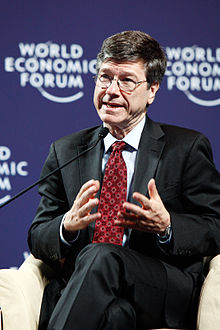Author of The Price of Civilization: Reawakening American Virtue and Prosperity.
June 16,
2015
Greece is refusing to acquiesce to demands by its creditors that it cut payments to the elderly and raise the value-added tax on their medicine and electricity.
Europe’s demands – ostensibly aimed at ensuring that Greece can service its
foreign debt – are petulant, naive, and fundamentally self-destructive. In
rejecting them, the Greeks are not
playing games; they are trying to stay
alive.
Whatever one might say about Greece’s past economic policies, its
uncompetitive economy, its decision to join the eurozone, or the errors that
European banks made when they provided its government with excessive credit,
the country’s economic plight is stark. Unemployment stands at 25%. Youth
unemployment is at 50%.
Greece’s GDP, moreover, has shrunk by 25% since the start of the crisis in
2009. Its government is insolvent. Many of its citizens are hungry.
The Greek government has asked Europe to
swap existing debts with new debts to lock in low interest rates and long
maturities. It has also requested that interest payments be linked to economic
growth. (It has notably not asked for cuts in the face value of its debt).
But debt relief of this sort vis-à-vis European
governments or the European Central Bank has been kept off the table.
Almost a century ago, at World War I’s end, John Maynard Keynes offered a warning that holds great relevance today. Then, as now, creditor countries (mainly the US) were demanding that deeply indebted countries make good on their debts. Keynes knew that a tragedy was in the making.
“Will the discontented peoples of Europe be
willing for a generation to come so to order their lives that an appreciable
part of their daily produce may be available to meet a foreign payment?” he asked in The Economic Consequences of the Peace. “In short, I do not believe that any of these tributes
will continue to be paid, at the best, for more than a few years.”





Komentarų nėra:
Rašyti komentarą